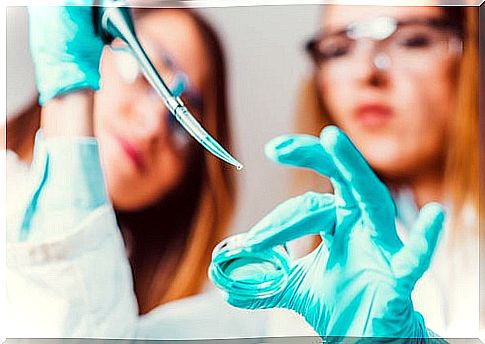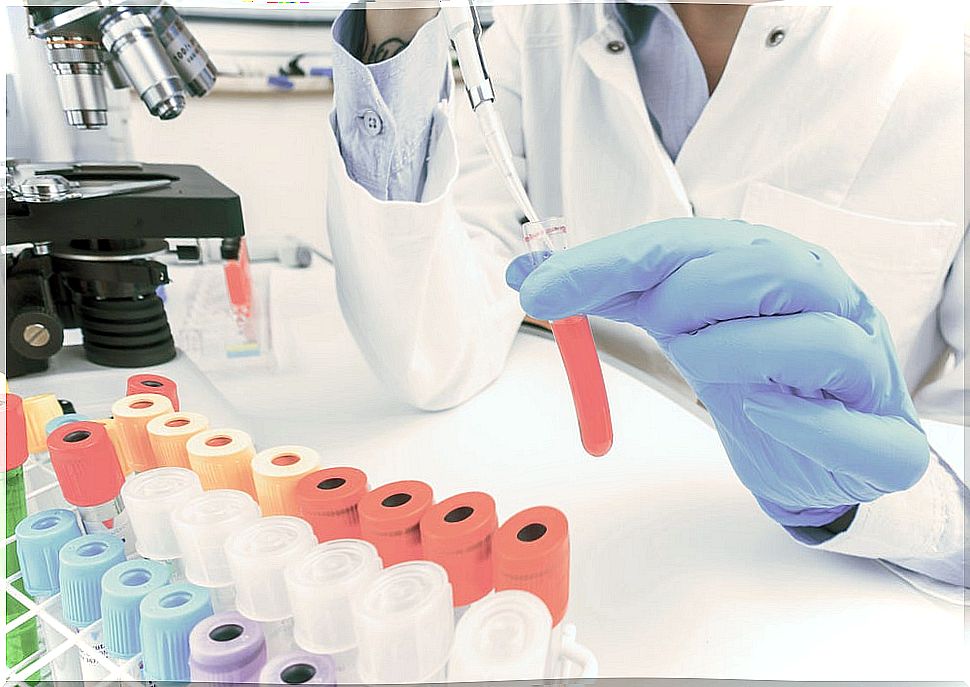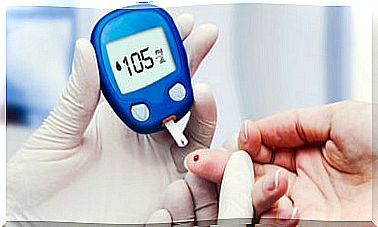Epigenetics: What It Is And What Implications Does It Have
Since the middle of the previous century, science has undergone rapid development. The development of molecular techniques is particularly noteworthy. These techniques allow the study of topics completely unknown or ignored until now. This is the case of epigenetics.
Find out in this article what this science consists of. Keep reading!
What is epigenetics?

There are several definitions for this science. Having not reached an agreement on the matter, it can be said that epigenetics is the science that studies heritable and lasting changes in gene expression that cannot be explained by changes in the DNA sequence.
Let’s think about a page in a book. The genetic information would be all the paragraphs included in said page, the genes would be equivalent to the words, the nucleotide bases would be the letters that constitute each word and the epigenetics would be equivalent to the punctuation marks that give meaning to the paragraphs; that is , the periods and commas.
To put ourselves in situation
All cells in our body – except for gametes – have the same amount of genetic information. That is, the same number of chromosomes and, presumably, the same DNA sequence. However, not all cells express the same genes.
This is precisely the origin of the different cell types: differential gene expression. In this way, genes that are not expressed in a hepatocyte (liver cells) will be expressed in a cardiomyocyte (cell type that constitutes the heart muscle) and vice versa.
Epigenetics and differential gene expression

And what is this differential expression due to? Among other factors, epigenetic marks, which only allow the expression of those typical genes of the cell type in question.
These marks are nothing more than chemical modifications that the nucleotide bases that make up the DNA chain undergo. As well as modifications that the structures associated with said chain (histones) undergo.
There are many epigenetic brands, the most studied being methylation and acetylation:
Epigenetic marks
- Methylation It involves the introduction of a methyl group (—CH 3 ) in the DNA chain. Specifically in cytosines (one of the four nitrogenous bases that make up DNA), which are now called 5-methylcytosines (5mC). This epigenetic mark is generally related to gene silencing. What does this mean?
- For example: there are people unable to roll their tongues into a U shape. This ability depends only on one gene (monogenic character). If this gene is expressed, the individual will present the ability to roll the tongue. On the other hand, if that gene is silenced due to the methylation of its cytosines, it will not be expressed. Consequently, the individual will be unable to roll the tongue.
- Acetylation. It is a chemical modification that histones undergo, it consists of the introduction of an ethyl group (—CH 2 -CH 3 ) in their structure. In general, this epigenetic mark is related to gene activation.
Implications of epigenetic alterations

What does the appearance of these epigenetic marks in our genome depend on? To answer this question, the first thing to note is that half of the epigenome with which we are born is inherited. This is what is known as epigenetic imprinting.
Modification of epigenetic marks is highly dependent on the environment. There are numerous studies that show that smoking greatly alters our epigenome, which is one of the main reasons that link tobacco with the generation of cancer.
- Stress, sedentary lifestyle, alcohol, air quality, poor nutritional habits among many other factors are those that have been directly related to damage due to the alteration of the epigenome.
When it comes to avoiding harmful alterations of the epigenome, there are several tips to keep in mind: first, reduce your alcohol intake; second, exercise regularly; and finally, maintain a balanced diet.









